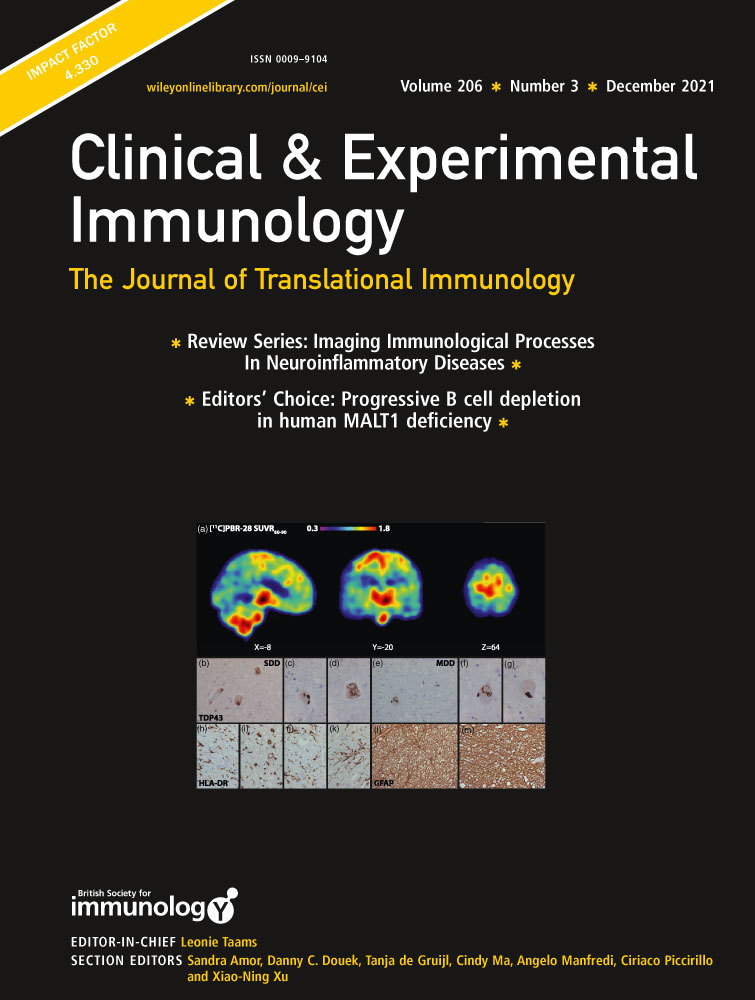Isotype-selective abrogation of established IgE responses
SUMMARY
Chemically modified allergens have been extensively studied in an attempt to develop materials of increased efficacy and improved safety for use in the immunotherapy of allergic disease. Most of the strategics that have been developed yield products that strongly inhibit de novo IgE responses but have only marginal impact on ongoing IgE responses. We report the virtual abrogation of pre-established murine anti-ovalbumin IgE responses using a glularaldehyde-polymerized ovalbumin preparation (OA-POL) of Mr 3.5 × 107. Secondary IgE responses are inhibited by 97–99% over a period of at least 8 months following three i.p. courses of OA-POL treatment. Administration of five additional ovalbumin [Al(OH)3] booster immunizations over tbis period fails to alter this unresponsive state. The inhibition of antigen-specific IgE responses is isotype specific.




